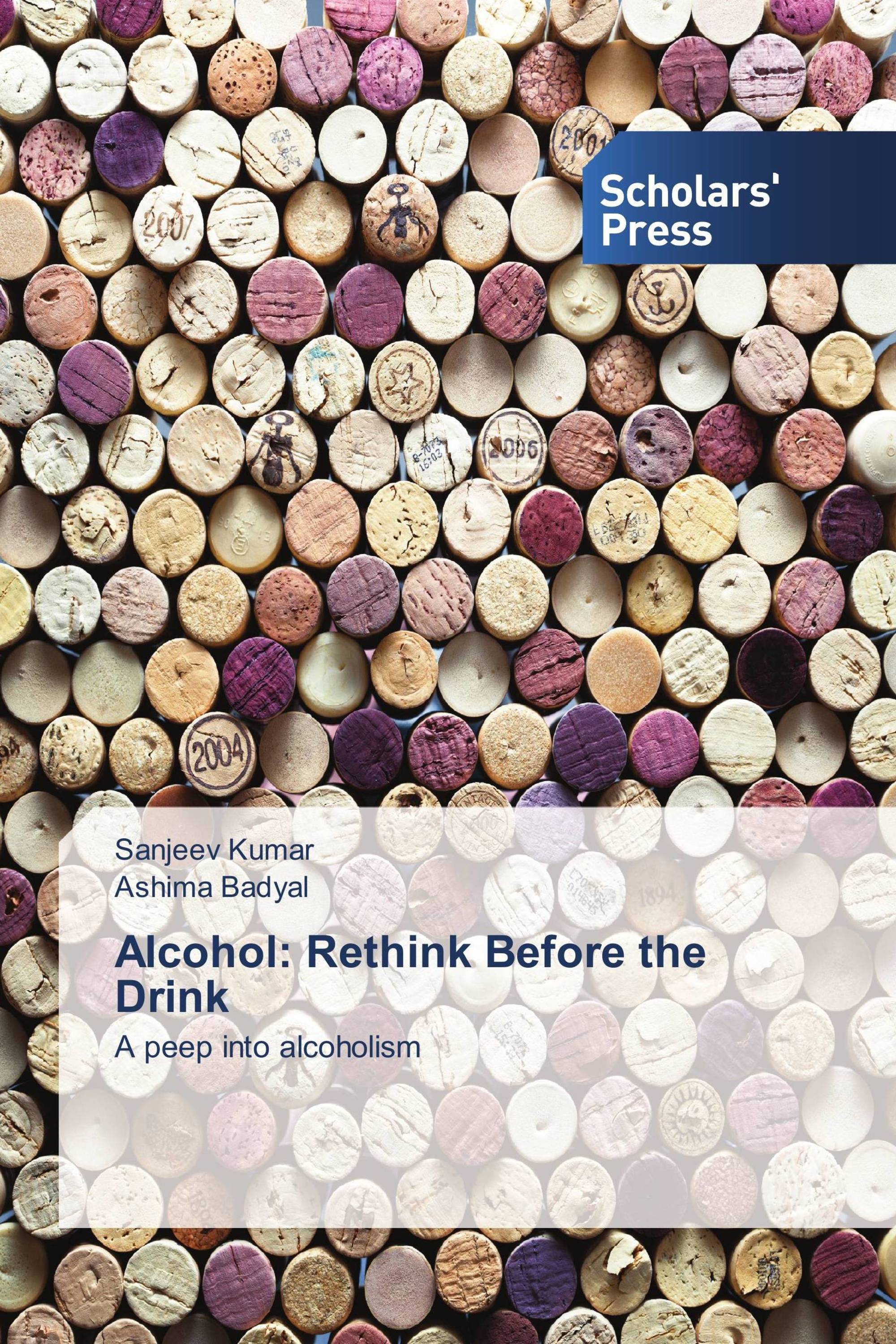Ethanol is the intoxicating constituent of alcoholic beverages like wine, beer produced by fermentation of yeast/sugar/starch and causes drunkenness. At lower doses, alcohol can act as a stimulant, inducing feelings of euphoria and talkativeness, but drinking too much at one session can lead to drowsiness, respiratory depression, coma or even death. As well as its acute and potentially lethal sedative effect at high doses, alcohol has effects on every organ in the body and these effects depend on BAC over time. Among other factors, every individual’s reaction to alcohol, is influenced by age, sex, ethnicity, etc. From blood and immune system to excretory to sexual health, alcohol affects all parts and organs of body. Alcohol continues to be a high burden of disease in society, causing indirect disability, injuries, burns, accidents and even drowning. Chronic heavy alcohol use can cause abnormalities like anaemia and low platelet count. Alcohol is also a recognised carcinogen. The physician role is important in identifying the alcoholic, treating associated medical and psychiatric- syndromes, overseeing detoxification, designing rehabilitation programs and providing counselling.
Book Details: |
|
|
ISBN-13: |
978-620-2-30873-1 |
|
ISBN-10: |
6202308737 |
|
EAN: |
9786202308731 |
|
Book language: |
English |
|
By (author) : |
SANJEEV KUMAR |
|
Number of pages: |
80 |
|
Published on: |
2018-03-06 |
|
Category: |
Medicine |
